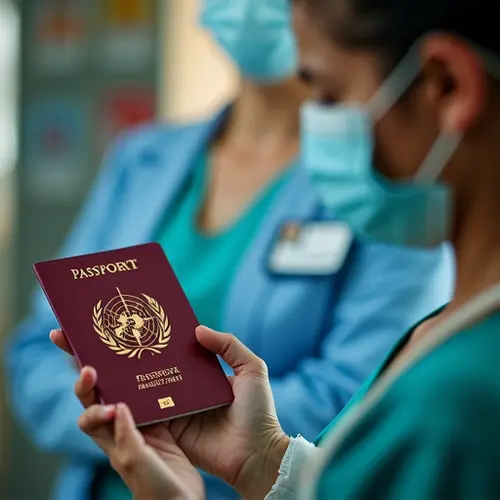
World Health Organization Reviews Vaccine Passport Ethics
The World Health Organization (WHO) has initiated a comprehensive review of the ethical implications surrounding vaccine passports. This move comes amid growing concerns about privacy violations and potential inequalities exacerbated by such systems.
Privacy and Inequality Under Scrutiny
Vaccine passports, which verify an individual's vaccination status, have been widely adopted during the COVID-19 pandemic to facilitate travel and access to public spaces. However, critics argue that these systems could infringe on personal privacy and disproportionately affect marginalized communities with limited access to vaccines.
WHO Director-General Dr. Tedros Adhanom Ghebreyesus emphasized the need for a balanced approach. "While vaccine passports can help curb the spread of infectious diseases, we must ensure they do not deepen existing inequalities or violate fundamental rights," he stated.
Global Perspectives
Countries like France and Canada have seen increased vaccine uptake following the introduction of passport systems. Conversely, nations such as the United States have resisted federal mandates, citing civil liberties concerns. The WHO's review aims to establish global guidelines that address these disparities.
Next Steps
The WHO plans to collaborate with member states and stakeholders to develop ethical frameworks for vaccine passport implementation. The organization will also explore technological solutions to safeguard privacy while ensuring public health benefits.

 Nederlands
Nederlands
 English
English
 French
French
 Deutsch
Deutsch
 Espaniol
Espaniol
 Portugese
Portugese



